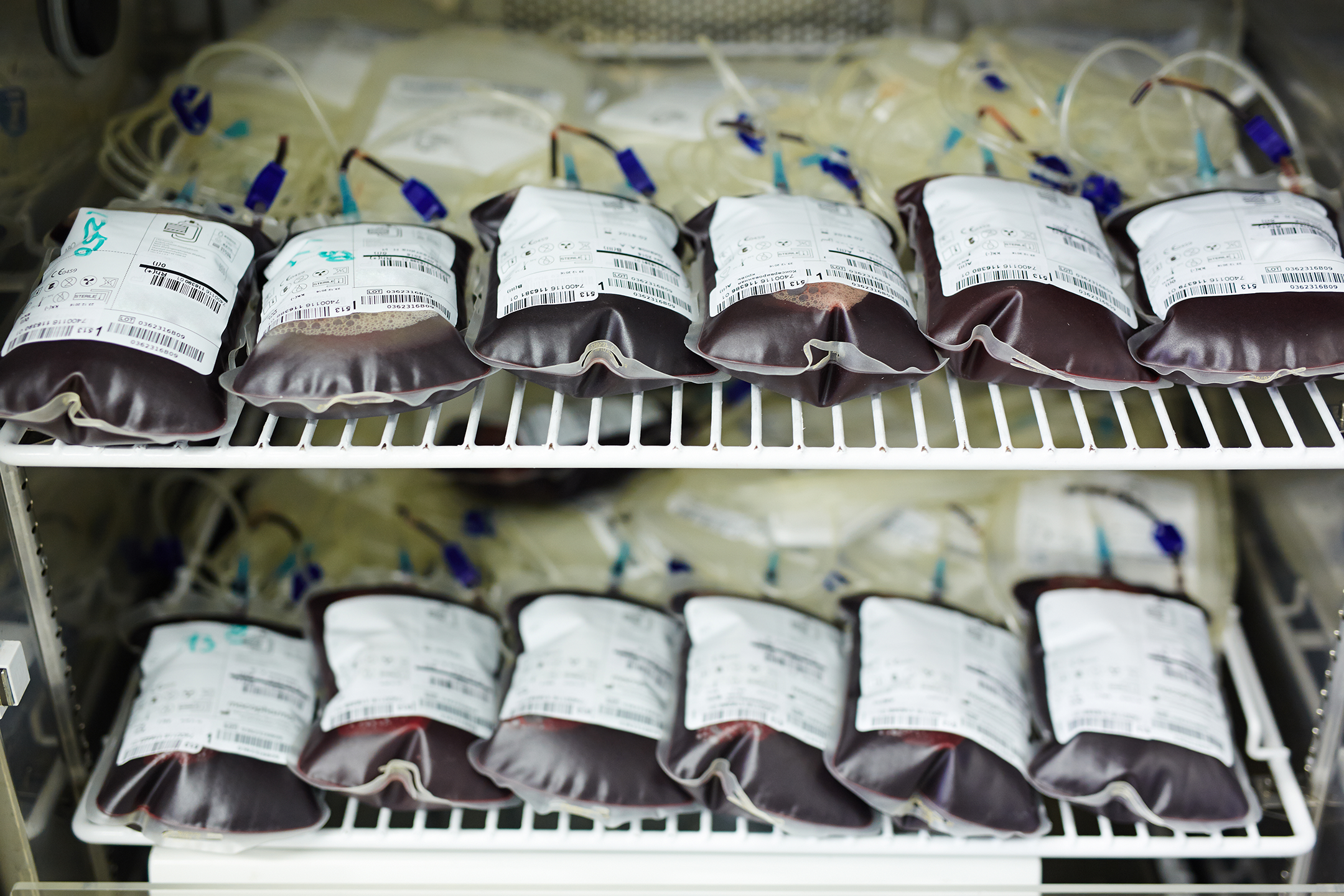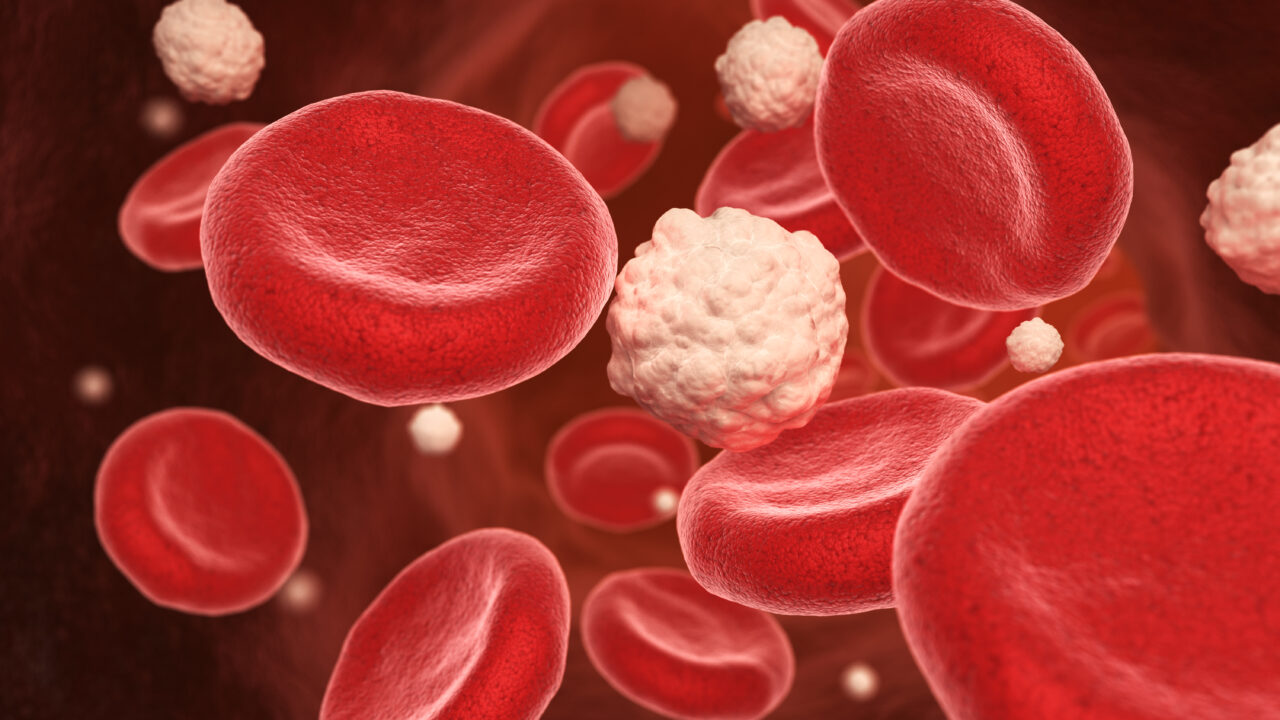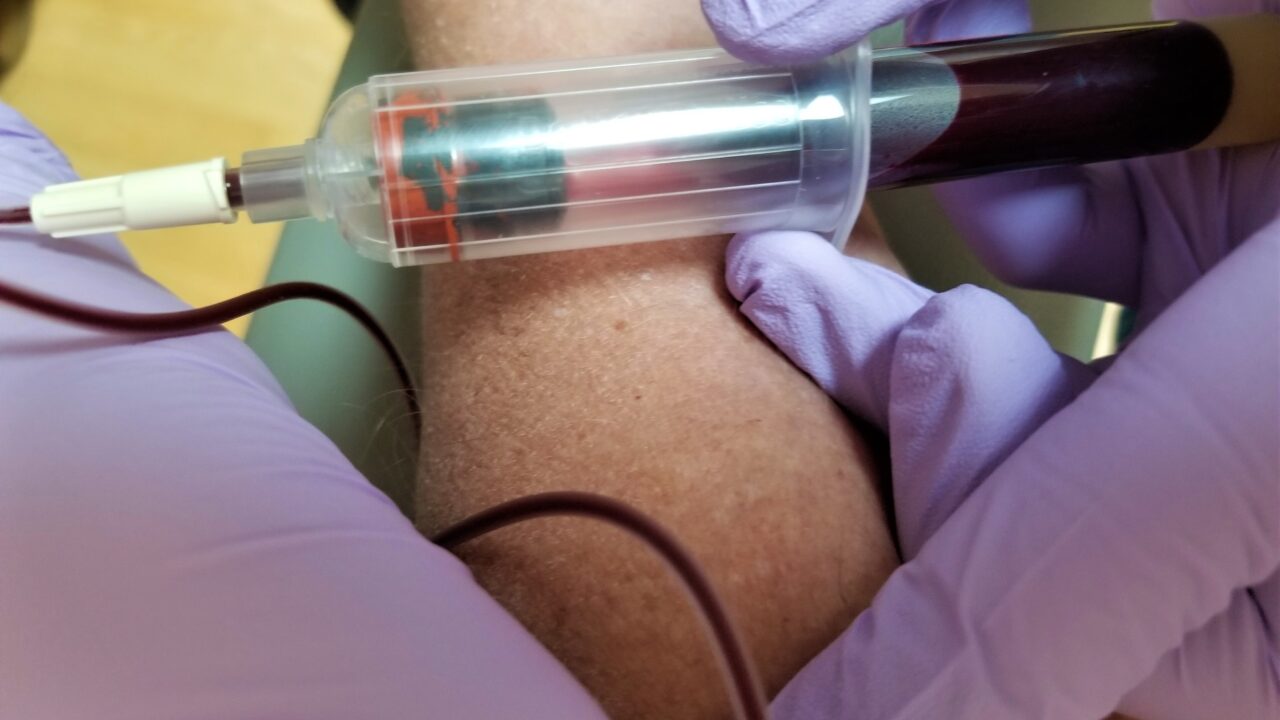MD Anderson and Jazz Pharmaceuticals announce a five-year collaboration to evaluate zanidatamab in HER2-expressing cancers
The University of Texas MD Anderson Cancer Center and Jazz Pharmaceuticals plc announced a five-year strategic research collaboration agreement to evaluate zanidatamab, Jazz’s investigational HER2-targeted bispecific antibody, in multiple HER2-expressing cancers. The collaboration will combine MD Anderson’s translational medicine and clinical research expertise with Jazz’s expanding oncology drug development capabilities to investigate the potential of zanidatamab as monotherapy and in combination with other treatments for patients with different tumor types and stages. This includes its possible...











